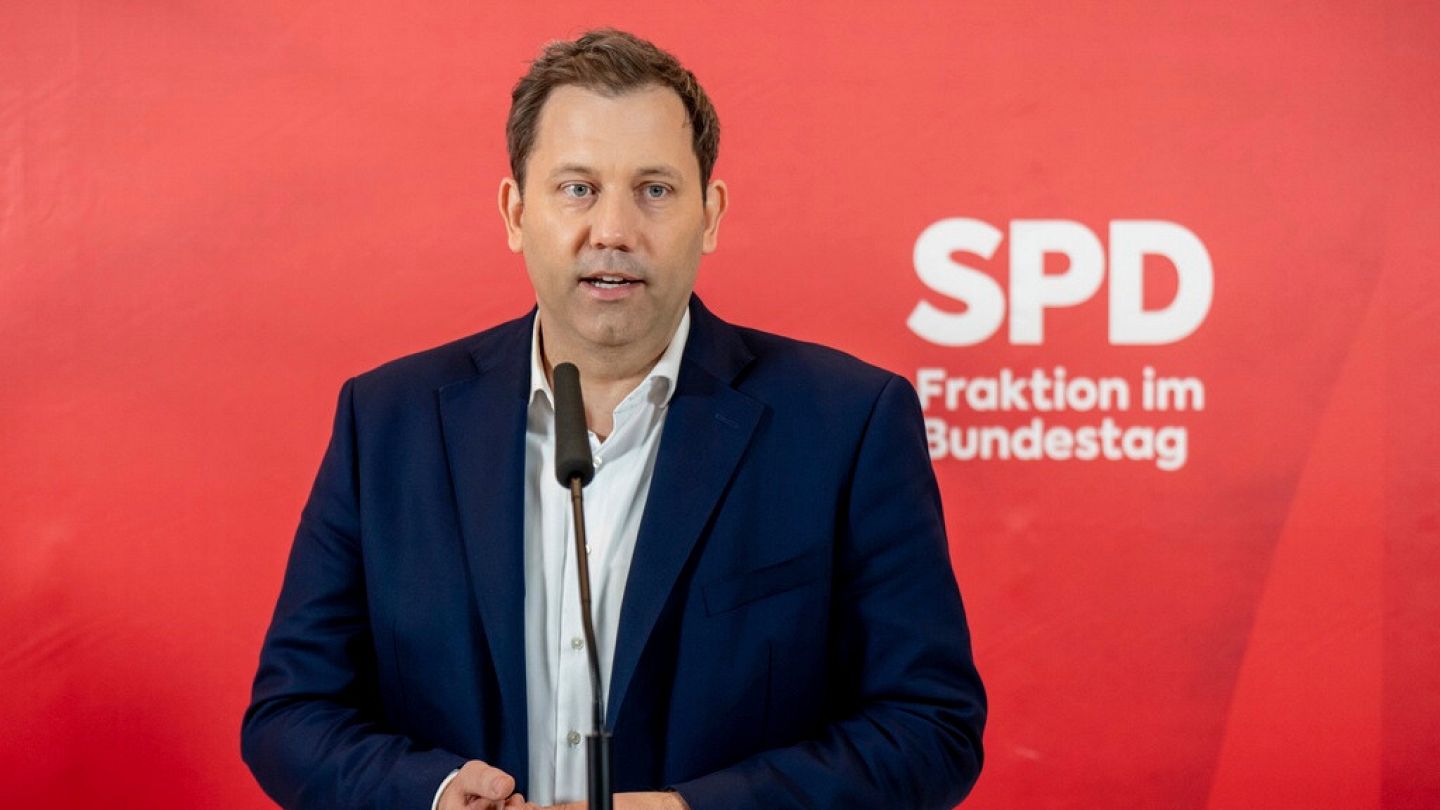Germany's Merz to form government after SPD backs coalition deal with conservatives
Germany's coalition government has cleared its final hurdle to power after the Social Democrats (SPD) voted in favour of the agreement.
Germany's Social Democrats (SPD) have approved a deal to join a new coalition government with the CDU/CSU conservatives, paving the way for conservative leader Friedrich Merz to be confirmed as the country’s new chancellor next week. The centre-left party of outgoing Chancellor Olaf Scholz will join a coalition led by Merz’s centre-right Christian Democratic Union (CDU) and its Bavarian sister party, the Christian Social Union (CSU), which won Germany’s election in February with 28.5% of the vote.The SPD suffered their worst result since World War II, finishing third with just 16.4% of the vote. But the conservatives needed their support to assemble a parliamentary majority without the far-right Alternative for Germany (AfD), which came second.On Wednesday, the SPD said 84.6% of its members voted in favour of the coalition agreement. The turnout from the party's 358,000 or so members was around 56% — far higher than the minimum required turnout of 20%. SPD leader Lars Klingbeil has been tapped by the party to become the new vice-chancellor — taking over from Greens minister Robert Habeck. "The committee today firstly tasked Lars Klingbeil with taking on the vice-chancellorship and to enter the new government as federal finance minister," Matthias Miersch, the SPD’s general secretary, said during a press conference on WednesdayKlingbeil, an SPD veteran, has served as one of the party's co-leaders since 2021 after starting his career as the deputy leader of the SPD's youth organisation. The politician is considered to belong to the SPD's conservative wing. In recent interviews, he has signalled openness to the prospect of higher taxes, criticised US President Donald Trump's tariffs and supported strengthening Germany's military. The potential appointment of Klingbeil as finance minister has been criticised by opposition parties, who argue the politician lacks the fiscal experience for the role. The CDU and CSU have already approved the agreement and listed its ministers they want to take up posts in Merz's cabinet. They include staunchly pro-Ukraine defence policy veteran Johann Wadephul as foreign minister and Alexander Dobrindt — known for his tough stance on migration — as interior minister. The SPD said it would announce its chosen ministers in the coming week. The party has been given control of seven ministries including the ministries of finance, defence and labour and social affairs. The coalition agreement will formally be signed on Monday, with Merz set to be officially elected as the country's tenth chancellor on Tuesday.


